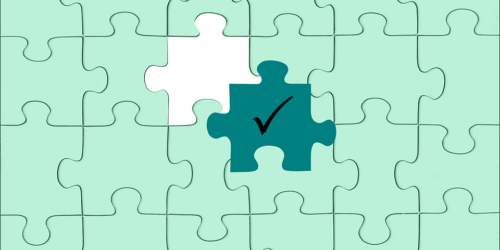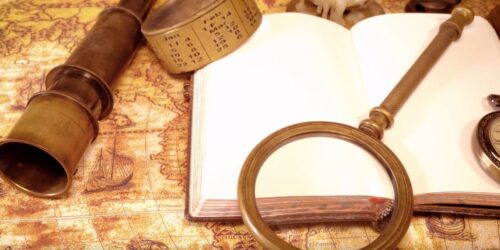Remembering Our Pioneer Ancestors
Elaine Hardman, Communications Assistant for the Granite Family History Center, recently published a blog article that reminds us of pioneer ancestors, around the July 24 Pioneer Day celebration. With her permission, part of the article is quoted below: There are many resources available to research our pioneer ancestors. As we commemorate the entrance of the vanguard company of pioneers...









